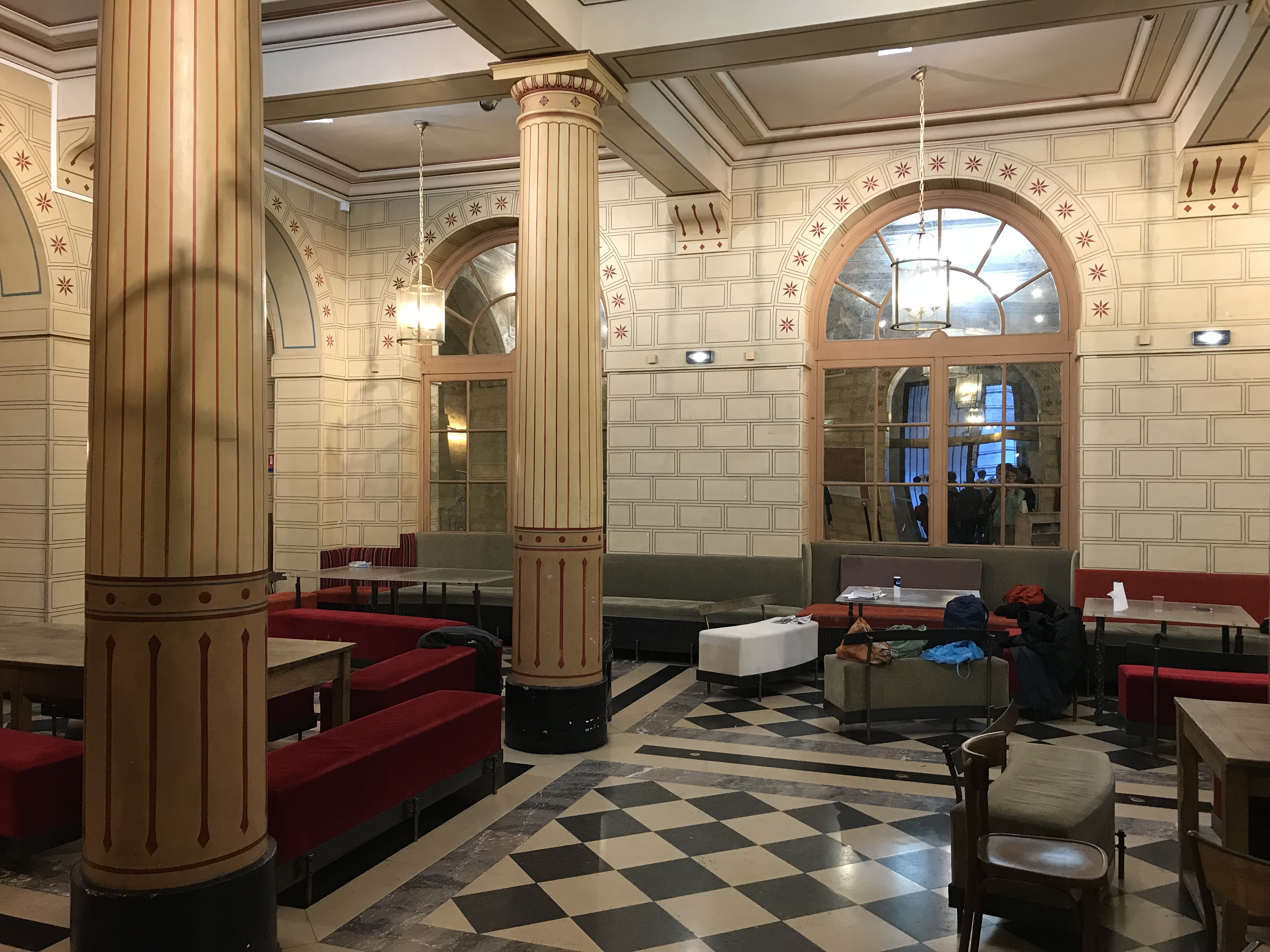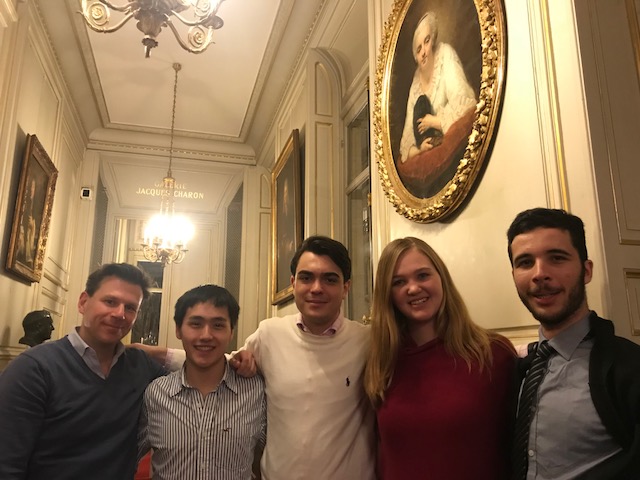Sharpen your pencil and take out a notepad because in the next few minutes I am going to divulge the secret formula every Princeton student utilizes to help them make the most out of their college experience.
1) Originality is your legacy.
Originality doesn’t always come in the form of a novel idea or an earth-shattering revelation. Sometimes, it is neither tangible nor intended for the public eye. Originality is a magical concoction that brands your experiences as your own. It goes from the path you take to class to the choices you make for your senior thesis. Stop comparing your trail to the trails of your peers. Stop worrying about whether or not you’re living up to people’s expectations.
2) You can’t have it all.
I came to Princeton with the ambitions of a naïve first-year student, wanting to go to all the guest lectures, sponsored study breaks, supplementary classes and more. But that simply wasn’t feasible. I had to divorce myself from the high school mindset that I could do it all. Be aware that Princeton offers you more than you can ever dream of taking on.
3) Take act one and two with a grain of salt. Stop seeking advice from people who tell you how to make the most out of your Princeton career.
Here is the final and most important key: there is no secret ingredient. Four years. People always say that’s all you have. Yet, 36 academic months, 144 weeks, 1008 days…that’s still quite a lot whichever way you put it. Everyone around you is telling you to make the most out of your Princeton career but why is no one telling you how?
The fact is that no one knows and no one should know. There is no “most” in experience. Trying to quantify it is meaningless. Time is fickle. Some people become lost, trying to figure it all out. Too aware of time? You stay stuck in the past, nostalgic for the old days and resentful that it’s all going too fast. Too ignorant of time? You neglect that it’s there and end up standing with a diploma and a million things you haven’t done. My advice? Forget about navigating time. It only serves to complicate. Besides, this is your story. Your plot. Your set of characters. And if you don’t start filling the pages, who will?








